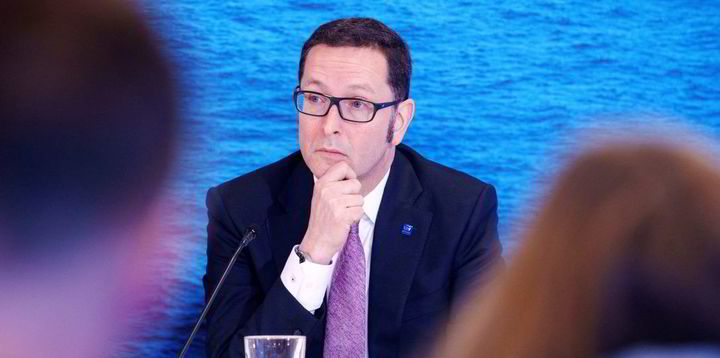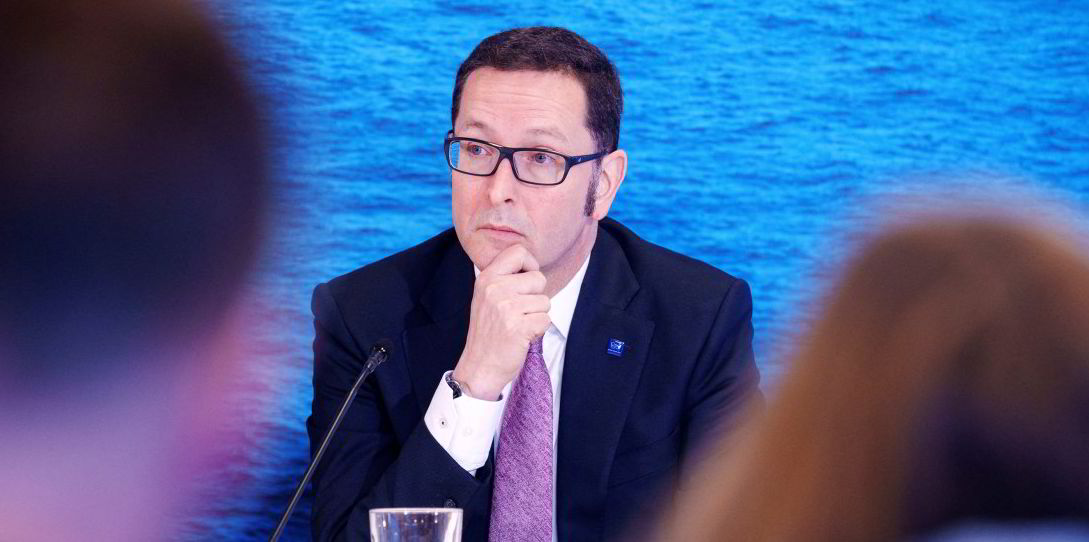German gas and carbon management company Wintershall Dea on Wednesday posted a modest adjusted net income of €298 million ($328 million) for the first quarter of 2023, up 10% from the same quarter of last year.
The company is working to rebuild its production and expand into carbon management after deciding in 2022 to exit its Russian assets due to the invasion of Ukraine.
Wintershall Dea’s earnings were boosted by stable first quarter production of 318,000 barrels of oil equivalent per day. It said it was on track to meet full-year production guidance of 325,000 to 350,000 boepd from its remaining non-Russian production portfolio.
A subsidiary of Germany’s BASF, Wintershall Dea said it had started implementing its decision to fully exit Russia, which had effectively halved the company’s production capacity.
Previously, Wintershall Dea had taken a major write down of its Russian upstream and associated midstream business.
Rebuilding production
With significant asset holdings in Russia before the Ukraine crisis, Wintershall was one of the companies most affected by Moscow’s decision to invade its neighbour in February 2022, and the European sanctions that followed.
Article continues below the advert
The company last year wrote down Є7.3 billion after losing access to Russian assets that were producing a net 350 million boepd.
It posted an adjusted net loss of Є4.8 billion in 2022, even during a year of sky-high gas prices.
Since withdrawing from Russia, Wintershall Dea has shifted its strategy towards regional diversification with Norway, Latin America and North Africa to rebuild production.
Looking ahead
Wintershall has highlighted Norway as a core region where it is working to increase oil and gas production. The Njord field is ramping up to full capacity, production from tie-ins Hyme and Bauge began in April, and Dvalin is expected to come onstream in the second quarter.
As the German company works to diversify its upstream portfolio, a recent major oil discovery offshore Mexico will help.
The Kan-1EXP discovery was made in Block 30 in the shallow-water section of the Sureste basin. Wintershall Dea operates the licence with a 40% stake and is partnered by Harbour Energy and Sapura OMV on 30% each.
Preliminary estimates suggest the discovery holds between 200 million and 300 million boe in place, according to the operator.
Carbon management
Wintershall Dea is building up a carbon management and hydrogen arm. First pilot injections have begun for Project Greensand in Denmark.
The Norwegian energy ministry has awarded the company its second carbon dioxide storage licence in the Norwegian North Sea – the Havstjerne licence – at the end of March, with the potential to store up to 7 million tonnes of CO2 per year.
(More to follow.)

